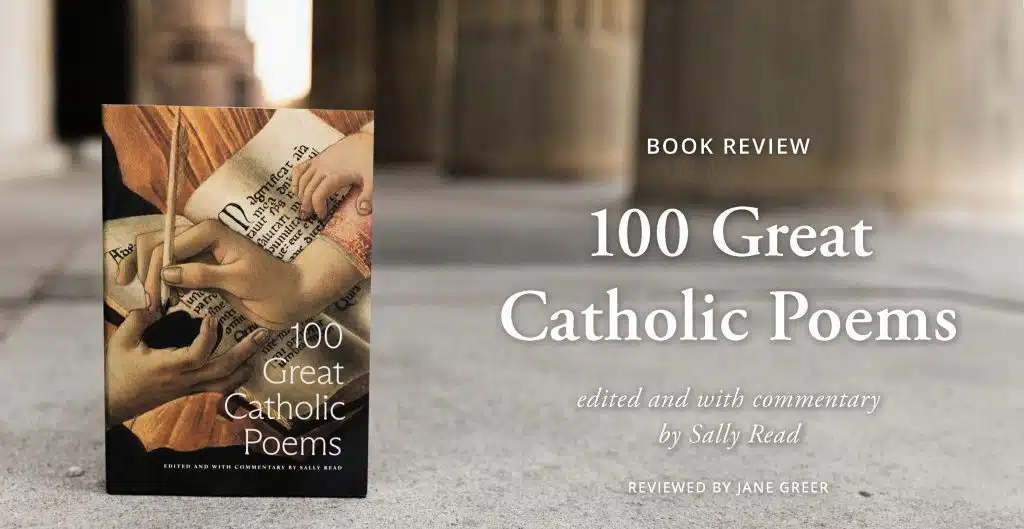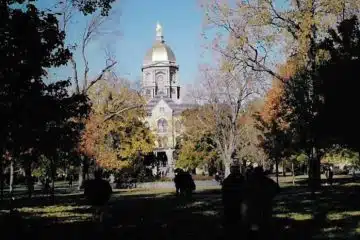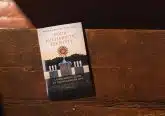Book Review: 100 Great Catholic Poems

Award-winning poet and Catholic convert Sally Read has crafted a lively new Catholic poetry anthology. It is no coincidence that nearly a third of the poets included in this volume were converts. As Read writes in her introduction:
I knew the Church’s rightness as I witnessed its liturgy and prayer. I saw it as a poem: the seamless working of form and meaning within the Mass was reminiscent to me of the tight interrelation of shape and content in a piece of poetry.
In Read’s 24-page introduction, she explains the limits she imposed on the key terms—poem, Catholic, great—to manage the superabundance of two millennia of material. Defining these terms is such a subjective undertaking that Read instead describes what and whom she chose not to include, and why.
With few exceptions, she did not include prayers; there are too many—this would have become a prayer book. She did not include hymns expressly written with music and meant to be sung in worship: “A determining attribute of poetry is that it stands alone. It does not need accompaniment; the language makes its own unpredictable music.”
What is Catholic poetry? Read writes: “It is tempting to say that any poem is a Catholic poem. Any fully realized poem is intimately engaged with … the salvation or damnation of the soul [T]he poet is concerned with the human imagination pitted against chaos.” Catholic poetry, however, also has “a physicality that could only ever be found in the poetry of a faith that believes that its adherents take God in their mouths.” The Incarnation is, after all, our foundation: “The Catholic poet takes God’s own poetry—of the Scriptures, of intimacy through the sacraments, of sacrifice and redemption—and runs with it.”
As for greatness, Read chose poems that provided “an unflinching witness of historical events” yet whose foundation is spiritual, ripe with Catholic vision. Some minor poets appear because they produced a distinctly non-minor poem. And no living poets are included: “Greatness needs to stand some test of time.”
These hundred poems are magnificent and diverse, arranged chronologically, from St. Luke (Mary’s “The Magnificat”) to George Mackay Brown (“Lux Perpetua”: a mere 28 little words). In between, readers will find classic favorites and probably lovely surprises.
But there is yet more goodness between these covers: every poem has its own Read introduction, several pages long, adding depth and breadth to our understanding, whether we know that poem intimately are coming to the poem for the first time.
“The truths of the faith have always been transmitted through poetry,” Read writes, “because it is memorable; because its images embed in our hearts and minds; because some things are too complex for stark prose.” She ends her introduction with this: “The process has convinced me even more that poetry is the sister of prayer, that it thins the veil between ourselves and God.” If any poetry anthology can thin the veil, it’s this one.
Jane Greer is the author of the poetry collections Love like a Conflagration (2020) and The World as We Know It Is Falling Away (2022), both from Lambing Press.
100 Great Catholic Poems, edited and with commentary by Sally Read; Word on Fire, 2023; 488 pages; $34.95.
This article appeared in the May 2024 edition of The Catholic Telegraph Magazine. For your complimentary subscription, click here













